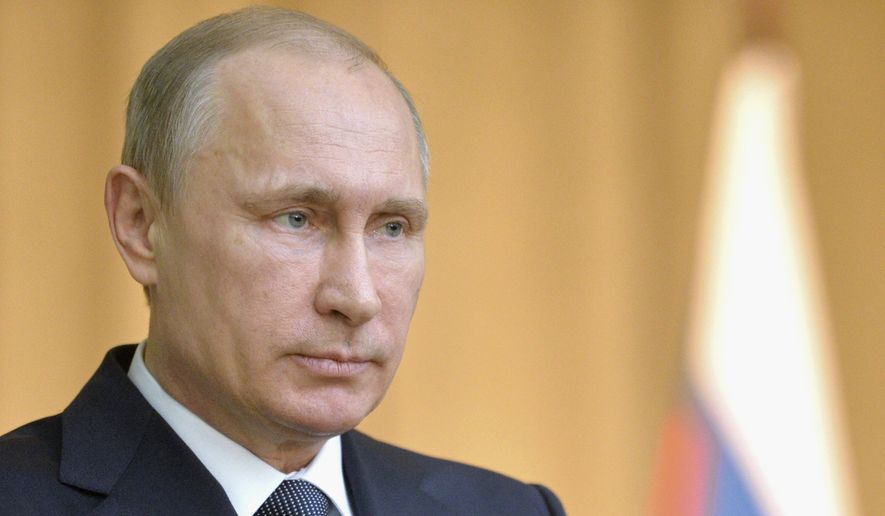The Russian government has closed down a key military transport corridor that allowed the U.S. and its NATO allies to supply forces serving in neighboring Afghanistan.
The transit route, used by NATO for non-lethal cargo since 2008 and for military shipments since 2010, has been cited by the Obama administration as evidence that Washington and Moscow can still find areas of common ground despite sharp differences over Ukraine and tensions along Russia’s border with NATO countries in Eastern Europe.
Several Russian news agencies reported that Prime Minister Dmitry Medvedev signed the resolution closing down NATO’s access late last week, and an official notice was made public on Monday. The official reason was that the U.N. mandate authorizing the U.S.-led military mission into Afghanistan after the Sept. 11 attacks expired in December 2014, even though an estimated 12,500 international forces remain stationed in Afghanistan and Taliban attacks against the government have increased in recent weeks.
The Russian transit route proved vital to U.S. and allied forces during some of the heaviest fighting of the Afghan conflict, as the alternative access through Pakistan was hampered by attacks from the Taliban and by regular diplomatic flare-ups between Washington and Islamabad. The use of the Russian transshipment hub at Ulyanovsk has dwindled substantially in recent years, but carried heavy political symbolism for both sides.
Russian observers said there was a clear political element to Mr. Medvedev’s order, in light of Russian unhappiness with Western sanctions over Ukraine and Crimea and suspicions that NATO’s presence in Afghanistan is being extended indefinitely.
Military analyst Victor Murakhovsky, editor of Arsenal of the Fatherland magazine, told the website Russia Beyond the Headlines that the government of Russian President Vladimir Putin was taking a “demonstrative step” in ending the supply mission through its territory.
Moscow, he claimed, still hoped to cooperate with the West in the global war on terror, but “it turns out that NATO has gone so far that it does not want to cooperate even in this area.”
• David R. Sands can be reached at dsands@washingtontimes.com.




Please read our comment policy before commenting.